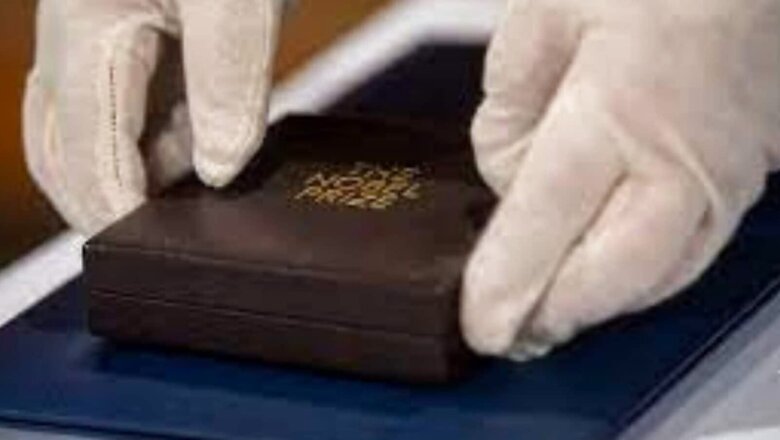
views
Breakthroughs in DNA sequencing, innovative gas storage, nanocrystals or a second chance for mRNA Covid-19 vaccines? Speculators on the Nobel Prize in Chemistry are spoiled for choice ahead of the announcement on Wednesday.
The winner — or winners — of the prestigious prize will be unveiled at 11:45 am (0945 GMT) “at the earliest” in Stockholm.
Thought to be among the favourites for the medicine prize that was announced on Monday, the pioneers of the Covid-19 mRNA vaccines could see their work instead snatching the chemistry category.
Hungarian biochemist Katalin Kariko and US immunologist Drew Weissman — whose work served as a basis for the Pfizer/BioNTech and Moderna vaccines — have a second chance on Wednesday, according to Swedish and international experts interviewed by AFP.
Potentially, they could be honoured alongside Canada’s Pieter Cullis, another mRNA expert.
With well over one billion people worldwide having received a dose of vaccines based on the technology, its “benefit to humankind” is hardly in doubt.
But many experts feel that it is a little too early for the generally cautious Nobel Assembly to give the nod.
Plethora of Candidates
According to Clarivate, which maintains a list of potential Nobel Prize winners, more than 70 researchers have what it takes to be considered for the prize in chemistry, given the thousands of citations they have received in scientific papers.
Last year, the honour went to Frenchwoman Emmanuelle Charpentier and American Jennifer Doudna, for developing the gene-editing technique known as CRISPR-Cas9 — DNA snipping “scissors”.
Another medicine-related discovery that could be rewarded in chemistry is that of tissue engineering, with the American trio, Cato Laurencin, Kristi Anseth, and Robert Langer.
The latter is known for developing technologies that allow the delivery of drugs directly to diseased tissues without the use of needles or other invasive measures.
And then there is the modern sequencing of DNA, which has dramatically reduced the time and financial costs of mapping genomes.
Americans Marvin Caruthers, Leroy Hood and Michael Hunkapiller are considered pioneers in the field.
But the Nobel Committee could also follow in the footsteps of its new rival, the Breakthrough Prize, which was last month awarded to Pascal Mayer of France and Shankar Balasubramanian and David Klenerman of Britain for DNA sequencing.
One man is also in a position to achieve the rare feat of grabbing a second Nobel, last managed by Britain’s Frederick Sanger in 1980. Not counting organisations, only four people have done so, starting with Polish-born Frenchwoman Marie Curie.
‘Click’ chemistry
According to Clarivate, the American Barry Sharpless, co-winner of the chemistry prize in 2001, could once again be awarded the prize for “click” chemistry, a term he coined which refers to the use of molecules that are easily joined together. Fellow American Carolyn Bertozzi also excels in the field.
On the materials side, South Korea’s Taeghwan Hyeon, the French-Tunisian American Moungi Bawendi and Canadian Christopher Murray could win the prize for their work on nanocrystals.
Japan’s Susumu Kitagawa and Makoto Fujita and American-Jordanian Omar Yaghi are also in the running, considered to be pioneers of metal-organic frameworks which allow for the storage of large quantities of gas without requiring high pressure.
Another possible choice often mentioned by forecasters is Britain’s Barry Halliwell for his work on free radicals, highly reactive and unstable molecules, and their roles in biological systems.
The Nobel season continues with the two most closely watched prizes, literature on Thursday and peace on Friday. The winner of the economics prize will be announced on Monday.
The medicine prize kicked off the 2021 Nobel season on Monday, going to David Julius and Ardem Patapoutian for breakthroughs that paved the way for the treatment of chronic pain.
The physics prize followed Tuesday, when half was awarded to US-Japanese scientist Syukuro Manabe and Klaus Hasselmann for climate models, and the other half to Italy’s Giorgio Parisi for work on the theory of disordered materials and random processes.
Read all the Latest News , Breaking News and IPL 2022 Live Updates here.











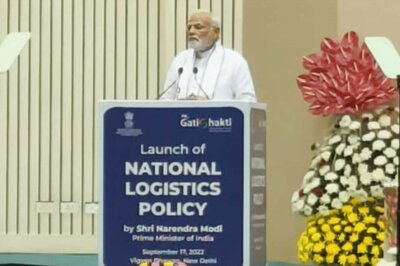


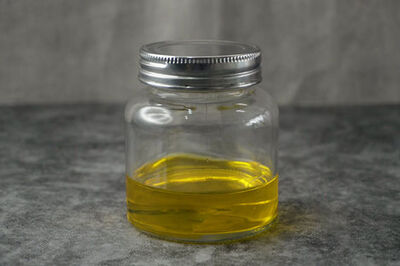
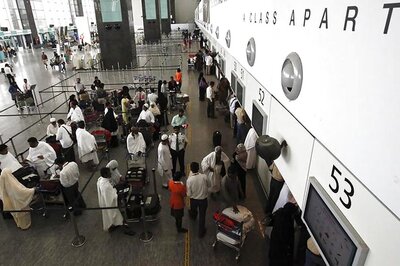
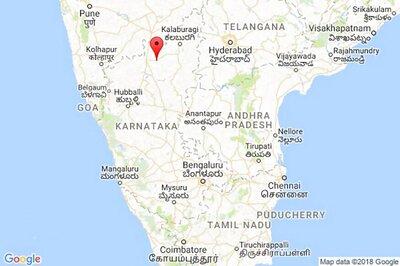


Comments
0 comment